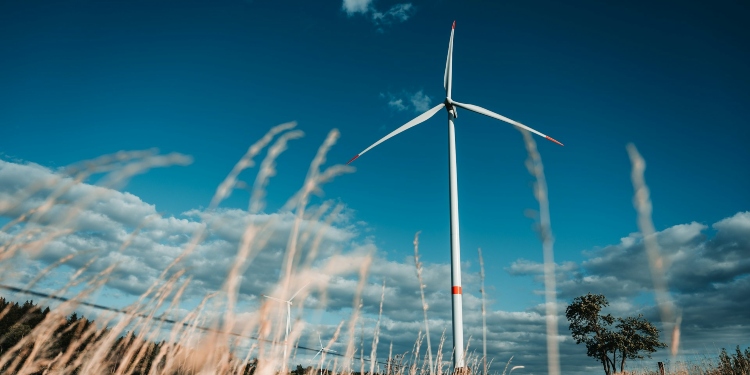The climate crisis is undoubtedly one of the most important issues we will ever grapple with in our lifetimes. As global temperatures rise, and as weather patterns grow increasingly – and fatally – erratic, world leaders continue to work towards unpicking the processes and habits which brought us here.
Green sentiment extends far beyond the will of the people and their leaders, with boots on the ground working towards a sustainable future in every sector – including the private sector. There is a lucrative corner of financial investment given to private-sector engagement with climate and sustainability – but how important is it?
Understanding Green Investments
The term ‘green investment’ is relatively self-explanatory, referring to financial investments in assets, businesses or systems with an ecological edge or benefit. For the average household, a green investment might look like the purchasing of a solar panel or heat pump system; for the investor, a green investment involves the buying of shares in businesses actively committed to conservatory practices – be they energy efficiency, sustainable agriculture, regenerative architecture or something else besides.
Green investment is a broad term, and as such can be used somewhat changeably by businesses and investors alike. Indeed, there are businesses that court the ‘green investor’ by touting environmentally friendly policies or practices, without properly engaging with relevant sustainability issues or questions. This greenwashing serves to hamper the broader efforts of green-aligned businesses, and frustrate the benefits of green investment.
Environmental and Financial Benefits
Those benefits are two-fold, being both environmental and financial. The environmental benefits to green investment should be self-evident, as direct cash injections from investors enable green businesses to better achieve their ambitions – with net-positive impacts for related environmental causes.
On the financial front, green businesses are some of the more exciting tickets in the roster. As the planet continues to grapple with an existential threat, the efforts of sustainable enterprise become more valuable than ever – and more competitive, as less-sustainable competitors lose ground to waning public support and increasingly-stringent government regulation.
Importance in Sustainable Development
Indeed, government regulation one arm of a larger global front against the climate crisis, driven in part by resolutions decided at global summits such as COP. Nation-states will have their own nation and regional targets to meet, as the UK does within its Net-Zero policy; these targets drive innovation in the private sector, and green businesses within the private sector likewise fuel forward-thinking and sustainable practice in other areas of industry.
A Moral Investment
The final piece of the puzzle is not financial or directly environmental in nature. Investing in green industry is a positive move on both counts, but is also one which must be fuelled by more than the desire to profit. Green investments are an opportunity to reflect your moral compass within your financial decision-making; where fossil fuels and petrochemicals remain an easy way to make money, green investment is a rejection of easy in favour of ethical.
David Prior
David Prior is the editor of Today News, responsible for the overall editorial strategy. He is an NCTJ-qualified journalist with over 20 years’ experience, and is also editor of the award-winning hyperlocal news title Altrincham Today. His LinkedIn profile is here.


![7 Best POS Software in the UK [2026 Edition]](https://todaynews.co.uk/wp-content/uploads/2026/02/7-Best-POS-Software-in-the-UK-2026-Edition-360x180.png)









































































